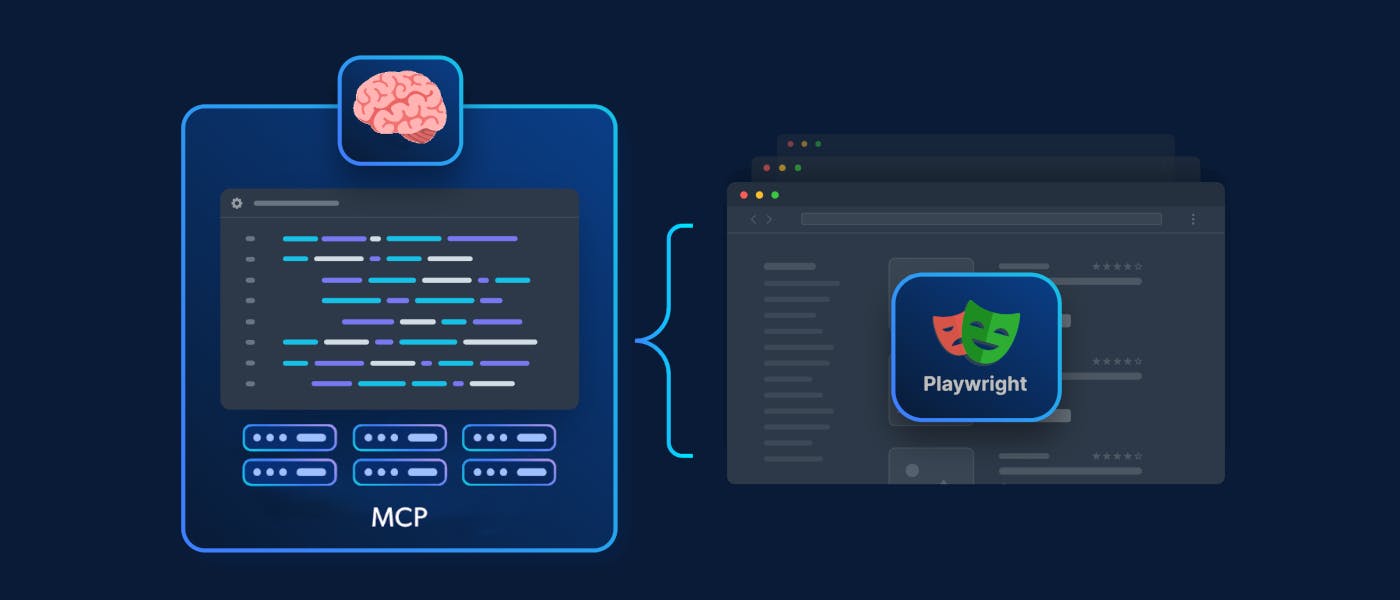States and local governments would be limited in how they can regulate artificial intelligence under a proposal currently before Congress. AI leaders say the move would ensure the US can lead in innovation, but critics say it could lead to fewer consumer protections for the fast-growing technology.
The proposal, as passed by the House of Representatives, says no state or political subdivision “may enforce any law or regulation regulating artificial intelligence models, artificial intelligence systems or automated decision systems” for 10 years. In May, the House added it to the full budget bill, which also includes the extension of the 2017 federal tax cuts and cuts to services like Medicaid and SNAP. The Senate has made some changes, namely that the moratorium would only be required for states that accept funding as part of the $42.5 billion Broadband, Equity, Access, and Deployment program.
AI developers and some lawmakers have said federal action is necessary to keep states from creating a patchwork of different rules and regulations across the US that could slow the technology’s growth. The rapid growth in generative AI since OpenAI’s ChatGPT exploded on the scene in late 2022 has led companies to wedge the technology in as many spaces as possible. The economic implications are significant, as the US and China race to see which country’s tech will predominate, but generative AI poses privacy, transparency and other risks for consumers that lawmakers have sought to temper.
“[Congress has] not done any meaningful protective legislation for consumers in many, many years,” Ben Winters, director of AI and privacy at the Consumer Federation of America, told me. “If the federal government is failing to act and then they say no one else can act, that’s only benefiting the tech companies.”
Efforts to limit the ability of states to regulate artificial intelligence could mean fewer consumer protections around a technology that is increasingly seeping into every aspect of American life. “There have been a lot of discussions at the state level, and I would think that it’s important for us to approach this problem at multiple levels,” said Anjana Susarla, a professor at Michigan State University who studies AI. “We could approach it at the national level. We can approach it at the state level, too. I think we need both.”
Several states have already started regulating AI
The proposed language would bar states from enforcing any regulation, including those already on the books. The exceptions are rules and laws that make things easier for AI development and those that apply the same standards to non-AI models and systems that do similar things. These kinds of regulations are already starting to pop up. The biggest focus is not in the US, but in Europe, where the European Union has already implemented standards for AI. But states are starting to get in on the action.
Colorado passed a set of consumer protections last year, set to go into effect in 2026. California adopted more than a dozen AI-related laws last year. Other states have laws and regulations that often deal with specific issues such as deepfakes or require AI developers to publish information about their training data. At the local level, some regulations also address potential employment discrimination if AI systems are used in hiring.
“States are all over the map when it comes to what they want to regulate in AI,” said Arsen Kourinian, a partner at the law firm Mayer Brown. So far in 2025, state lawmakers have introduced at least 550 proposals around AI, according to the National Conference of State Legislatures. In the House committee hearing last month, Rep. Jay Obernolte, a Republican from California, signaled a desire to get ahead of more state-level regulation. “We have a limited amount of legislative runway to be able to get that problem solved before the states get too far ahead,” he said.
While some states have laws on the books, not all of them have gone into effect or seen any enforcement. That limits the potential short-term impact of a moratorium, said Cobun Zweifel-Keegan, managing director in Washington for the International Association of Privacy Professionals. “There isn’t really any enforcement yet.”
A moratorium would likely deter state legislators and policymakers from developing and proposing new regulations, Zweifel-Keegan said. “The federal government would become the primary and potentially sole regulator around AI systems,” he said.
What a moratorium on state AI regulation means
AI developers have asked for any guardrails placed on their work to be consistent and streamlined.
“We need, as an industry and as a country, one clear federal standard, whatever it may be,” Alexandr Wang, founder and CEO of the data company Scale AI, told lawmakers during an April hearing. “But we need one, we need clarity as to one federal standard and have preemption to prevent this outcome where you have 50 different standards.”
During a Senate Commerce Committee hearing in May, OpenAI CEO Sam Altman told Sen. Ted Cruz, a Republican from Texas, that an EU-style regulatory system “would be disastrous” for the industry. Altman suggested instead that the industry develop its own standards.
Asked by Sen. Brian Schatz, a Democrat from Hawaii, if industry self-regulation is enough at the moment, Altman said he thought some guardrails would be good, but, “It’s easy for it to go too far. As I have learned more about how the world works, I am more afraid that it could go too far and have really bad consequences.” (Disclosure: Ziff Davis, parent company of , in April filed a lawsuit against OpenAI, alleging it infringed Ziff Davis copyrights in training and operating its AI systems.)
Not all AI companies are backing a moratorium, however. In a New York Times op-ed, Anthropic CEO Dario Amodei called it “far too blunt an instrument,” saying the federal government should create transparency standards for AI companies instead. “Having this national transparency standard would help not only the public but also Congress understand how the technology is developing, so that lawmakers can decide whether further government action is needed.”
Concerns from companies, both the developers that create AI systems and the “deployers” who use them in interactions with consumers, often stem from fears that states will mandate significant work such as impact assessments or transparency notices before a product is released, Kourinian said. Consumer advocates have said more regulations are needed, and hampering the ability of states could hurt the privacy and safety of users.
A moratorium on specific state rules and laws could result in more consumer protection issues being dealt with in court or by state attorneys general, Kourinian said. Existing laws around unfair and deceptive practices that are not specific to AI would still apply. “Time will tell how judges will interpret those issues,” he said.
Susarla said the pervasiveness of AI across industries means states might be able to regulate issues such as privacy and transparency more broadly, without focusing on the technology. But a moratorium on AI regulation could lead to such policies being tied up in lawsuits. “It has to be some kind of balance between ‘we don’t want to stop innovation,’ but on the other hand, we also need to recognize that there can be real consequences,” she said.
Much policy around the governance of AI systems does happen because of those so-called technology-agnostic rules and laws, Zweifel-Keegan said. “It’s worth also remembering that there are a lot of existing laws and there is a potential to make new laws that don’t trigger the moratorium but do apply to AI systems as long as they apply to other systems,” he said.
A proposed 10-year moratorium on state AI laws is now in the hands of the US Senate, where its Committee on Commerce, Science and Transportation has already held hearings on artificial intelligence.
Will an AI moratorium pass?
With the bill now in the hands of the US Senate — and with more people becoming aware of the proposal — debate over the moratorium has picked up. The proposal did clear a significant procedural hurdle, with the Senate parliamentarian ruling that it does pass the so-called Byrd rule, which states that proposals included in a budget reconciliation package have to actually deal with the federal budget. The move to tie the moratorium to states accepting BEAD funding likely helped, Winters told me.
Whether it passes in its current form is now less a procedural question than a political one, Winters said. Senators of both parties, including Republican Sens. Josh Hawley and Marsha Blackburn, have voiced their concerns about tying the hands of states.
“I do think there’s a strong open question about whether it would be passed as currently written, even though it wasn’t procedurally taken away,” Winters said.
Whatever bill the Senate approves will then also have to be accepted by the House, where it passed by the narrowest of margins. Even some House members who voted for the bill have said they don’t like the moratorium, namely Rep. Marjorie Taylor Greene, a key ally of President Donald Trump. The Georgia Republican posted on X this week that she is “adamantly OPPOSED” to the moratorium and that she would not vote for the bill with the moratorium included.
At the state level, a letter signed by 40 state attorneys general — of both parties — called for Congress to reject the moratorium and instead create that broader regulatory system. “This bill does not propose any regulatory scheme to replace or supplement the laws enacted or currently under consideration by the states, leaving Americans entirely unprotected from the potential harms of AI,” they wrote.










